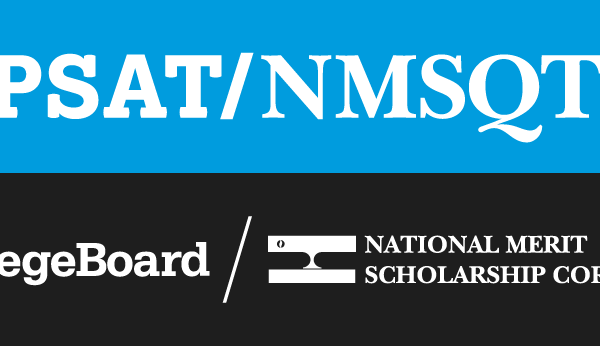 By Scott Lutostanski
By Scott Lutostanski
A common phrase I hear these days is, “They just don’t make kids write as much as they used to.” Although I will say this argument feels a little Bart Starr is better than Aaron Rodgers-esque, I do think there is some truth to this as well. Students are not required to write very much as they make their journey through middle school and high school. In addition, a lot of “writing” happening in a kid’s life is actually texting, which follows a very informal format that doesn’t always care about proper grammar. In short, students are writing with less frequency and less intent.
This blog isn’t a call for large-sweeping societal or educational changes, but a statement of a fact: in order to get better at something, it needs to be practiced. Summer is a great time for students to really practice those reading and writing skills and have fun while doing it!
I often reflect on my own writing story. After college, I went a couple years without writing anything but emails. I had no other reason to write except for communication at work. Eventually, in order to spice up a fantasy football league with friends, I started writing a weekly newsletter that broke down games, analyzed players, and made jokes about members in the league. As lighthearted and meaningless as it was, it provided me with 400-800 words each week of creative and informational writing that required organization, structure, and effort. I truly believe writing these 14 emails each year drastically improved my writing ability. It gave me a reason to practice a skill I otherwise wasn’t using. This is what students need: a reason to write, no matter how formal or casual.
The same goes for reading. While some might assume this means students should read books, it really means they just need to read. Period. Books are great, but so are articles, websites, magazines, and more. Anything a student is interested can be a vehicle for leisure reading. The more a student reads, the better they get at it, and the less it feels like a chore. It is all about practice, which will lead to improved reading and writing ability.
As challenging as it might be for parents to get their kids reading and writing in the summer, it’s important to keep fighting the good fight and encouraging students during break. Below is a list of summer reading and writing resources some members of the Galin Education staff put together.
-
- Join or Start a Book Club: Reading outside is a great way to enjoy your summer, but to really continue building language arts skills you also want to practice articulating your ideas. Book clubs allow you to delve into themes, increase your comprehension, and enter into academic discourse—with friends! Need a book idea? UW-Madison announced earlier this year that its Go Big Read book will be Deborah Blum’s The Poison Squad. Reading it this summer will allow you to enter into a wider community discussion.
- Keep a Summer Journal with Your Student: Having a place where you can communicate with one another about your days is a great way to get a student invested in writing.
- Read a Book for Fun: Never underestimate the power of just reading what you want for fun! Check out our summer reading list for some ideas!
- Get a Head Start on College Essays: If you’re a rising senior, consider attending a Summer Application Boot Camp or getting in some one-on-one college essay coaching during the summer. It’s a really productive way to spend a few hours, and you’ll thank yourself later when you’re back in school and less stressed about essays. (We promise it will be a little bit of fun, too!)





